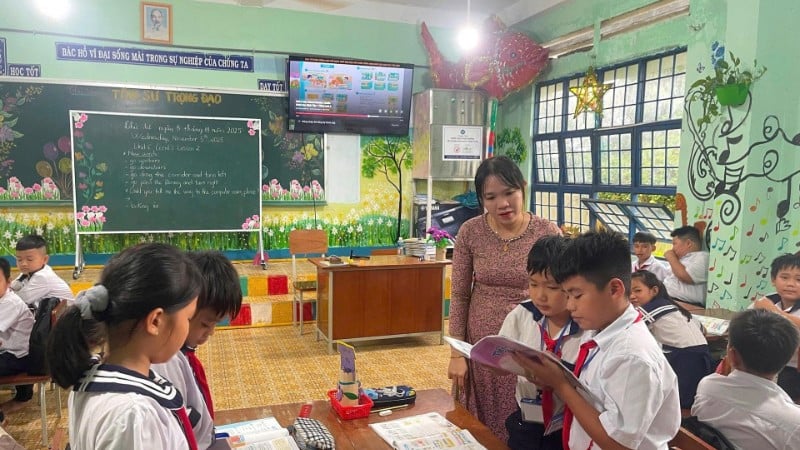
In recent times, many primary schools in Lam Dong province have helped disabled students excel in their studies and acquire necessary life skills. Through lesson plans and the dedication of teachers, disabled students have been given the opportunity to read and write. The loving, sharing, and understanding arms of everyone have helped them confidently integrate and excel in life.
Through teaching activities for children with disabilities, it has helped students in primary schools form compassion, respect for differences; creating a fair, civilized society where no one is left behind.
Flexible in teaching methods
In the second grade classroom of Song Luy 3 Primary School (Song Luy Commune), students are attentively doing their homework; at the same time, teacher Lo Thi Minh Hanh is tutoring two disabled students in the class. Same subject, but with disabled students, the teacher teaches them according to a separate program, with additional support from smartphones to help them enjoy and absorb better. Ms. Hanh said that these two students have different types of disabilities, but both know how to write and read. Having disabled students in the class makes the teacher work harder, but because of love, all the fatigue is gone. During recess, the students can play with their friends, but teachers must always monitor and support them to avoid injury.
At the beginning of the school year, Song Luy 3 Primary School organized an assessment of students' disability status, to establish a team to develop a lesson plan specifically for these children. Ms. Tran Thi Thu Vang, whose child is studying in Ms. Hanh's class, shared: "My child has a psychological disorder, so he cannot sit still at school or at home. Thanks to the teacher's thoughtful teaching, my child has changed, is self-motivated in studying, and knows how to greet. After attending school, the doctor said that my child has made a lot of progress, has better awareness, so he has reduced his medication." In the same situation, Ms. Duong Thi Ngoc Thuy has a disabled child studying at Phan Ri Cua 6 Primary School (Phan Ri Cua commune). She confided: “As soon as he entered first grade, he had to drop out of school to get medical treatment. After a while, I learned that Phan Ri Cua 6 School had a special program for disabled children, so I asked him to enroll. Now he has improved about 60%, no longer takes medication; he speaks in complete sentences, is polite, and even knows how to do his own laundry.”
Principal of Phan Ri Cua 6 Primary School Tran Thi Mai Thao recounted: Before 2017, every year, the school had disabled students drop out due to not being able to study. The turning point came when the Asian Rainbow Organization (Ministry of Foreign Affairs of Japan) coordinated with the Provincial Department of Education and Training to organize training on teaching disabled children. From there, the school better understood the methods to teach disabled students. In the 2018-2019 school year, the school immediately implemented a rolling inclusive education plan and received training from the organization to best teach disabled children.
According to Ms. Mai Thao, each disabled student has an individualized education plan, coordinated by the school with parents and the local community, to help them make comprehensive progress in all aspects. Each month, teachers will increase or decrease the number of exercises and teaching based on the interests and strengths of the students. In order to build appropriate programs and plans, the school has applied AI to learn about the strengths, weaknesses, and problems of disabled students. Students also participate in extracurricular activities, arts, sports, etc. to integrate with the group, helping each individual to control and adjust their behavior.
Multiplying smiles
Over the years, Phan Ri Cua 6 Primary School has trained many disabled children to read and write, to be able to finish secondary school and then learn a trade. Principal Tran Thi Mai Thao said: The "golden" time to help disabled children progress is grade 1. Because they meet many people, early intervention is needed to integrate. Identifying inclusive education as a humane task, the school has implemented the goal of "Finding smiles - Finding life" for disabled students.
After being confident in its ability to teach inclusive education, Song Luy 3 Primary School has mobilized parents to enroll their disabled children in school to have better opportunities for personal development. Principal Dao Duy Bich Ngan said that every year, the school coordinates with the neighborhood to review universal education. If disabled children are found not to be attending school, the school will assess their health. If they are qualified, the school will mobilize parents to enroll their children in school. Most disabled students who finish grade 5 can read, write short sentences, take care of their personal hygiene, and say hello.
According to Ms. Ngan, reality shows that if they go to school, disabled children learn many things from other normal students and quickly adapt and integrate into the community. With the motto "don't leave children on the sidelines of the classroom", teachers teach disabled students anytime, anywhere; children who don't learn this, teach something else. Every week, the school rewards students who help their disabled friends in front of the class to form a sense of sharing, love, and helping each other in studying and life. For disabled children to have a better environment, each locality needs to have an inclusive education center to support schools in teaching disabled students. The current difficulty is that many schools do not have specialized teachers, lack supporting equipment and policies for inclusive education.
According to the Department of Education and Training of Lam Dong province, the province currently has the Gia Nghia Center for Supporting the Development of Inclusive Education and the Cam Ly Center for Supporting the Development of Inclusive Education. Currently, the department has asked the Provincial People's Committee for approval to convert the Phan Thiet Love School into the Center for Supporting the Development of Inclusive Education. Deputy Director of the Department of Education and Training of Lam Dong province, Luong Van Ha, said that every year, the department always directs specialized departments to develop training plans and support inclusive education facilities to improve teachers' capacity and to gain experience with each other. At the same time, it focuses on instructing teachers on how to recognize, handle, apply appropriate strategies for each child, adjust teaching methods and manage diverse behaviors.
Vice Chairman of Lam Dong Provincial People's Committee Nguyen Minh affirmed: Inclusive education is a highly humane program; at the same time, it is an educational method for disabled children to study together with normal children, in order to promote equality and comprehensive development for both groups of children. Therefore, the provincial education sector needs to continue to advise the Provincial People's Committee on preferential support policies for cadres, employees and teachers working in inclusive education.
Source: https://nhandan.vn/nhung-vong-tay-yeu-thuong-nang-do-tre-khuet-tat-o-lam-dong-post925311.html



![[Photo] National Assembly Chairman Tran Thanh Man receives a business delegation from the Europe-ASEAN Business Council](/_next/image?url=https%3A%2F%2Fvphoto.vietnam.vn%2Fthumb%2F1200x675%2Fvietnam%2Fresource%2FIMAGE%2F2025%2F11%2F24%2F1763989198212_ndo_br_bnd-7394-jpg.webp&w=3840&q=75)
![[Photo] Prime Minister Pham Minh Chinh attends the patriotic emulation congress of the banking sector](/_next/image?url=https%3A%2F%2Fvphoto.vietnam.vn%2Fthumb%2F1200x675%2Fvietnam%2Fresource%2FIMAGE%2F2025%2F11%2F24%2F1763981997729_tt-nhnn-jpg.webp&w=3840&q=75)



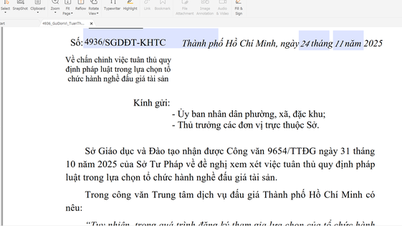

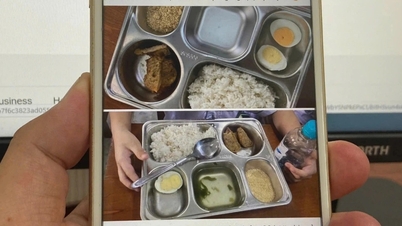

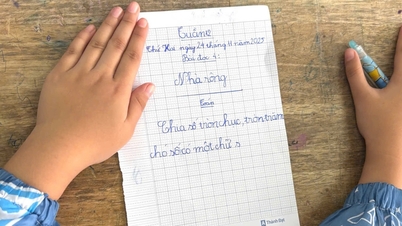

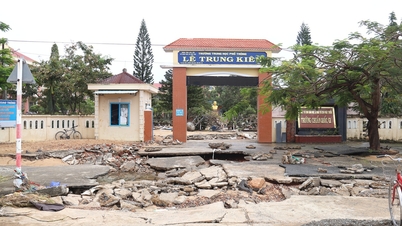
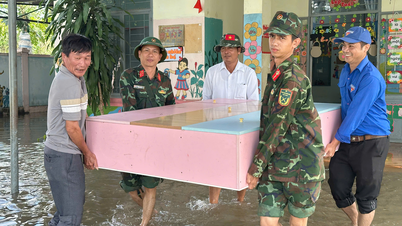

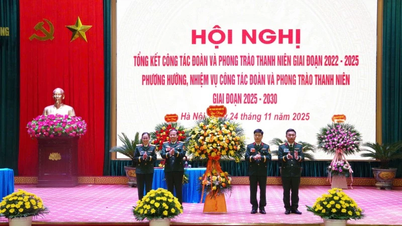




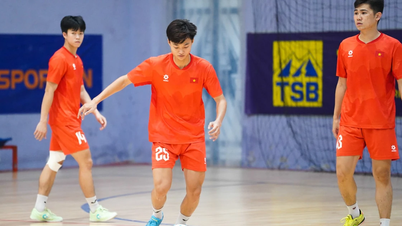

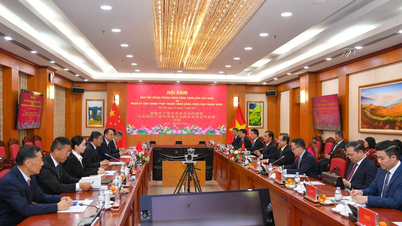
![[Video] 24-hour news on November 24, 2025: The whole country joins hands to support people in flood-affected areas](https://vphoto.vietnam.vn/thumb/402x226/vietnam/resource/IMAGE/2025/11/24/1763989508226_z7258223054237-3761596bd97b27bddc003ccbc714e03e-jpg.webp)
![[Photo] National Assembly Chairman Tran Thanh Man receives a business delegation from the Europe-ASEAN Business Council](https://vphoto.vietnam.vn/thumb/402x226/vietnam/resource/IMAGE/2025/11/24/1763989198212_ndo_br_bnd-7394-jpg.webp)
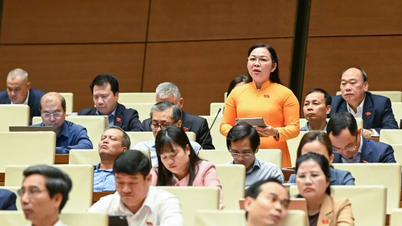


![[Photo] Next to the "mountain of trash" after the flood, Tuy Hoa residents strive to rebuild their lives](/_next/image?url=https%3A%2F%2Fvphoto.vietnam.vn%2Fthumb%2F1200x675%2Fvietnam%2Fresource%2FIMAGE%2F2025%2F11%2F24%2F1763951389752_image-1-jpg.webp&w=3840&q=75)


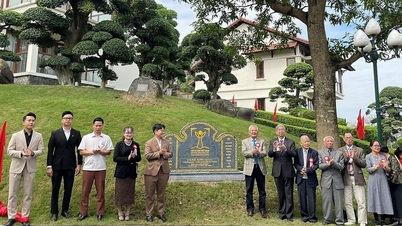



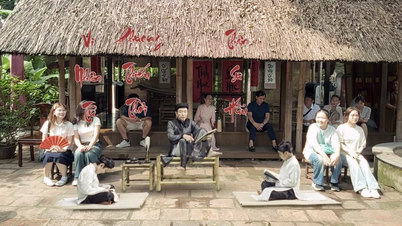

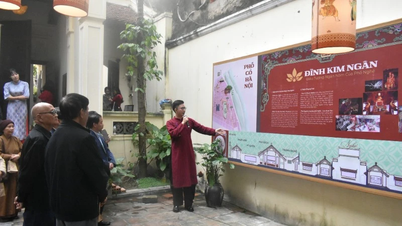








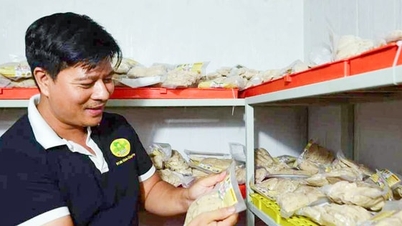




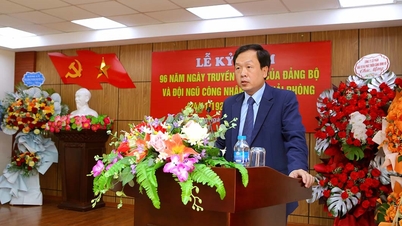


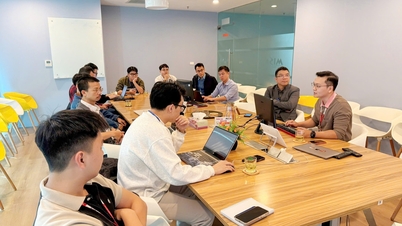

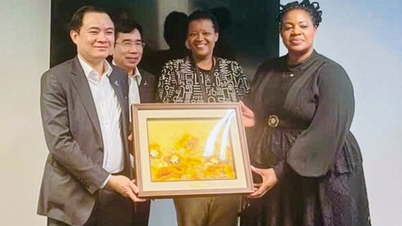
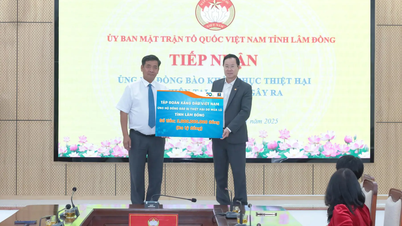







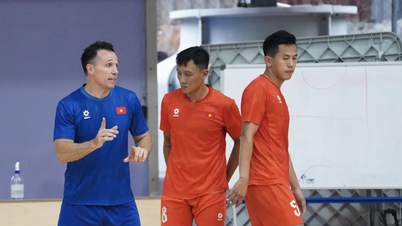
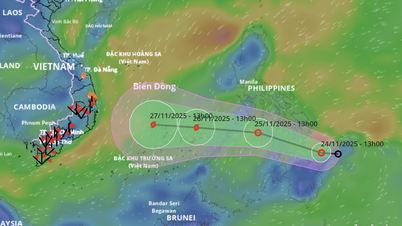

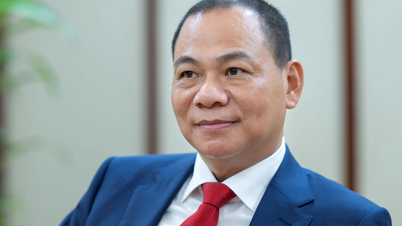

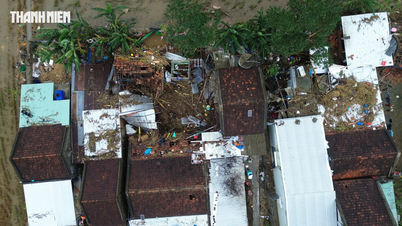


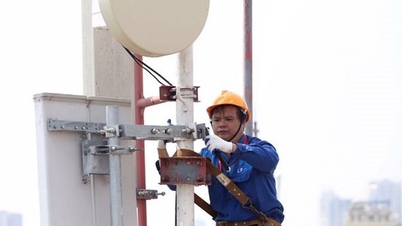



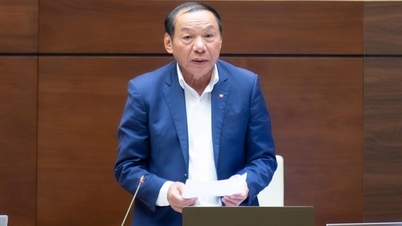
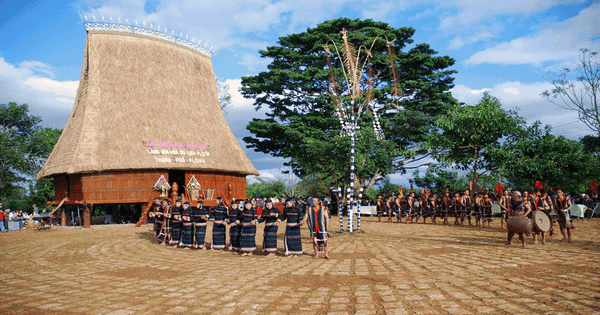
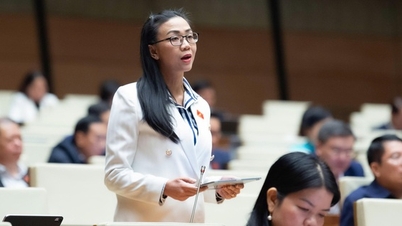

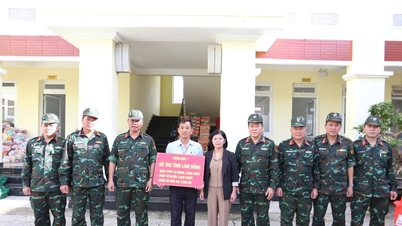

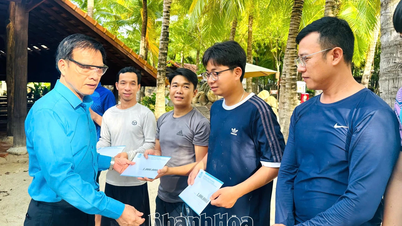

















Comment (0)